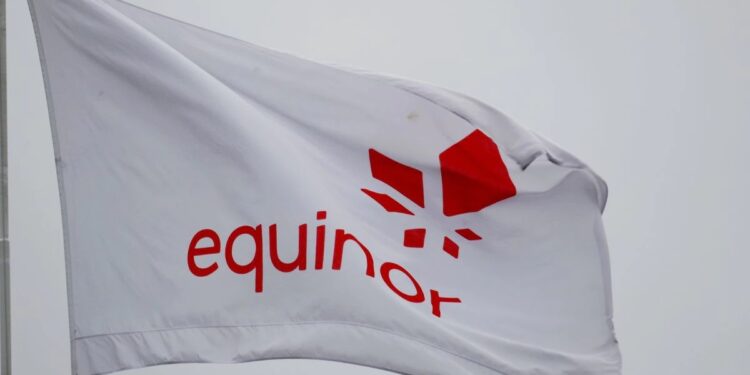Equinor (EQNR.OL) and RWE (RWEG.DE) said on Thursday they planned to develop an industrial value chain for the production and use of low-carbon hydrogen, allowing Germany to reduce its reliance on coal power and thus cut CO2 emissions.
The two companies plan to build new power plants in Germany that will initially be fuelled by natural gas and later with hydrogen made in Norway from natural gas at jointly-constructed production facilities.
The joint investments are contingent on a hydrogen pipeline – currently being examined by Equinor, Norwegian gas system operator Gassco and other partners – that is aimed at connecting Norway and Germany.
The companies did not provide details about their investment commitments as part of the partnership. RWE, Germany’s top power producer, said the partnership would cover investments worth several billions of euros.
“But it is too early to go into detail. First of all, the infrastructure needs to be built and a suitable political framework needs to be established,” the company said.
The partnership reflects Germany’s efforts to diversify away from Russian gas, supplies that have stopped in the wake of the Ukraine war, which has proved tricky as gas-producing nations have limited scope to ramp up production.
During a visit to Norway by German Chancellor Olaf Scholz last August, aimed at extracting more commitments of what is now Germany’s biggest gas supplier, Norway’s Prime Minister Jonas Gahr Stoere said the country’s deliveries were at a maximum.
So-called “blue” hydrogen made from gas will be subject to carbon capture and storage, thus burying more than 95% of the associated emissions, Equinor and RWE said in a joint statement.
Longer-term, the companies aim to produce “green” hydrogen from renewable sources, such as offshore wind turbines, thus cutting emissions further.
“There is an urgent need for a rapid ramp up of the hydrogen economy,” RWE Chief Executive Markus Krebber said in the statement.
“Blue hydrogen in large quantities can make a start, with subsequent conversion into green hydrogen supply,” he said.
Norway has since last year overtaken Russia as Europe’s biggest gas supplier, with state-controlled Equinor the top exporter, after Russia’s Gazprom (GAZP.MM) cut off much of the gas on which Europe previously depended.
Germany is planning multiple hydrogen import projects, with several of the country’s new import terminals for liquefied natural gas (LNG) also readying for receiving hydrogen at a later stage.
Source: Reuters




Recent Comments